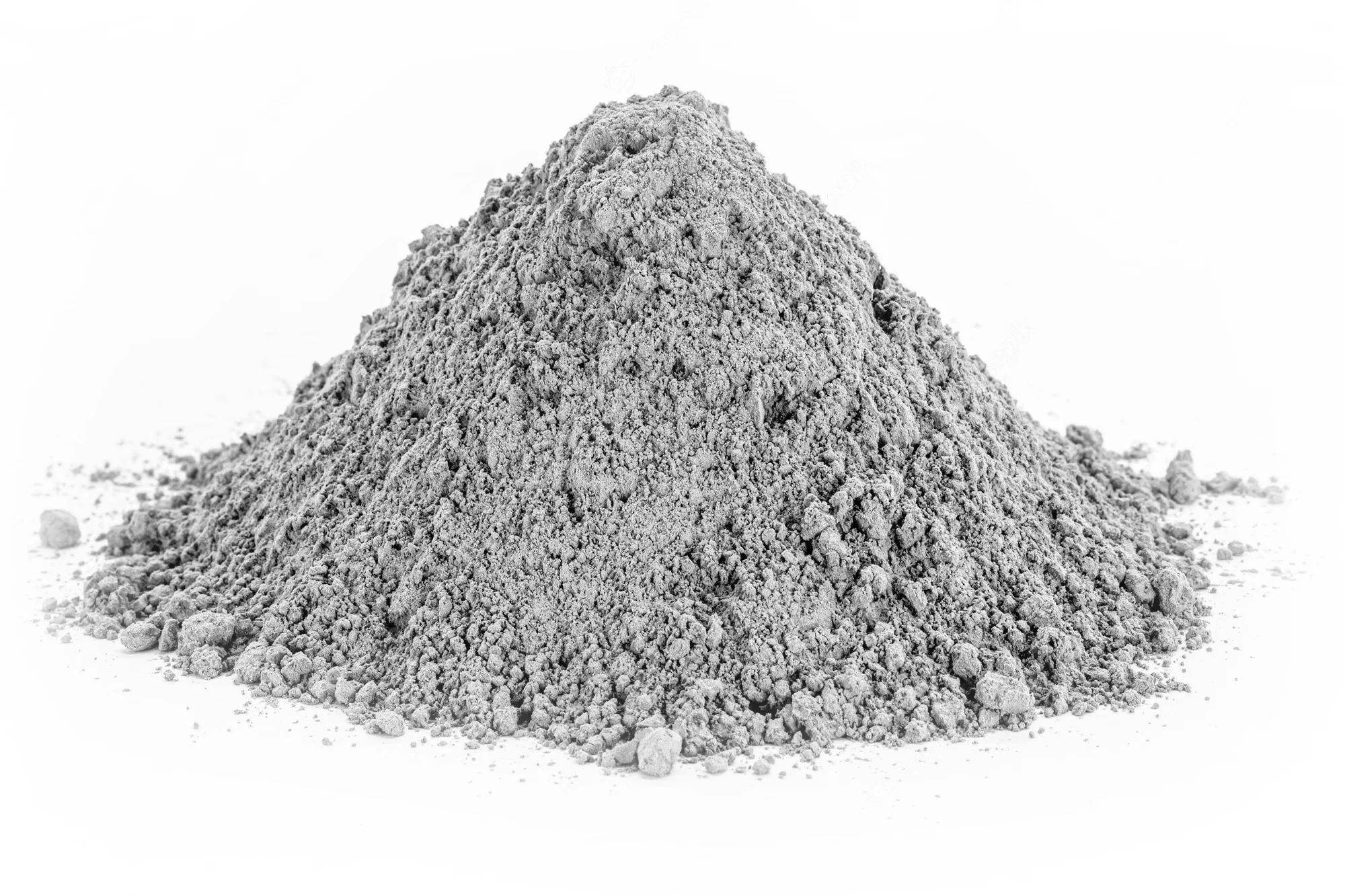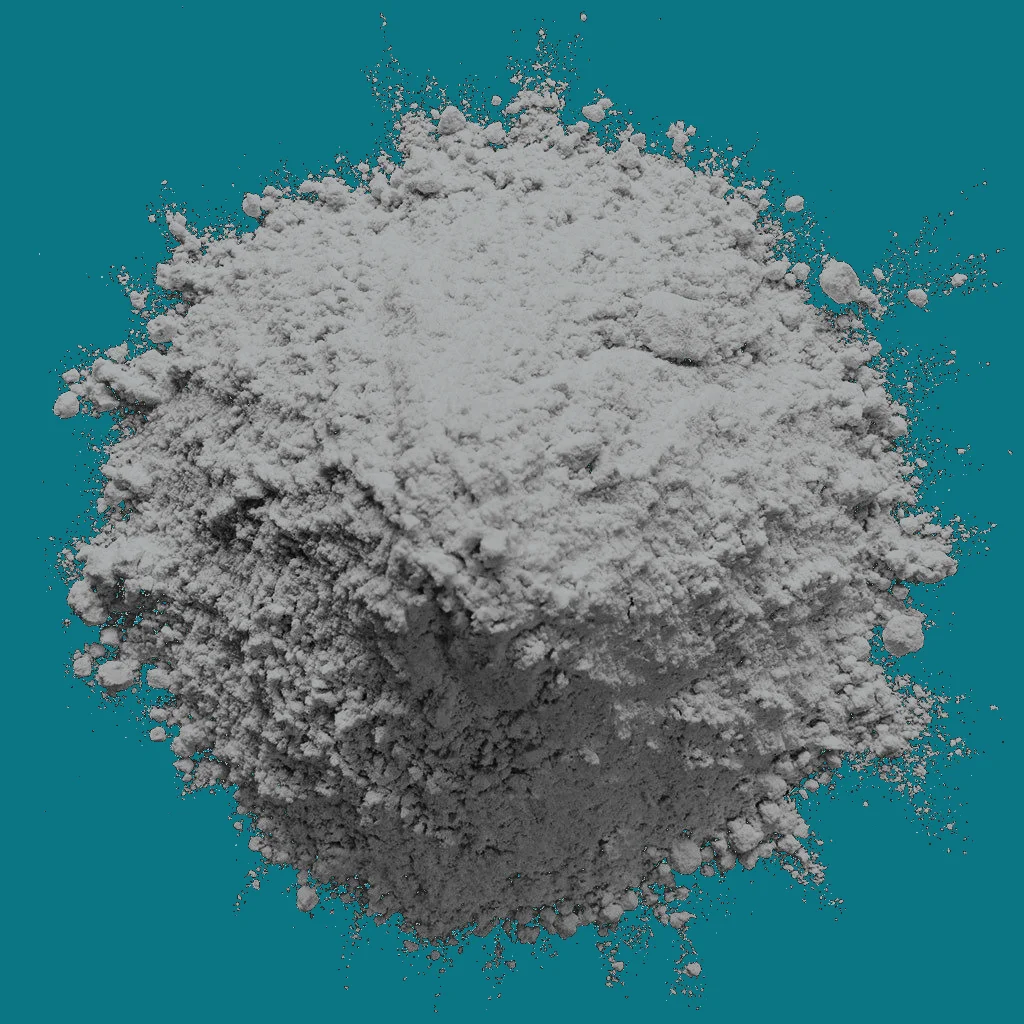Zinc Dust
Zinc dust is a fine powder made of Zinc metal. It is a premium metal used in the production of anti-corrosive steel and other metal alloys. It has several uses in industries including paint and coatings, pharmaceuticals and chemicals, plating, metal refining, and lubrication.
Vishnupriya Chemicals Private Limited is one of India’s best manufacturers, suppliers, and exporters of Zinc dust.


Understanding Zinc Dust
Zinc dust is a fine, greyish powder consisting of tiny particles of metallic Zinc. It has a molecular formula of Zn and a CAS number of 7440-66-6.
Zinc metal powder has an atomic number of 30 and an atomic weight of 65.38 g/mol. It has a density of 7.14 g/cm3, a boiling point of 907 °C, and a melting point of 419.5 °C. It is insoluble in water but can dissolve in acids and alkalis, and it is slowly soluble in acetic acid and ammonia. Its manufacturing process involves the atomization of Zinc metal granules.
At most, Zinc metal powder is used as an anti-corrosion pigment in industrial coatings. It has high reactivity and is capable of binding with other metals.
Metallic Zinc powder acts as an active preservative. It protects the metal surface by forming a coat. Various chemical reactions use Zinc powder as a catalyst and reducing agent to produce pharmaceutical and chemical products.
Zinc Dust Production
Zinc metal powder production involves the atomization of Zinc metal granules.
Zinc metal is atomized to get the powdered form of Zinc, which is sieved to obtain an even size of Zinc particles. The fine, greyish powdered form obtained is collected and packed in 50 kg HDPE bags, drums, or MS drums. These packed bags or drums are stored in a cool, dry area, placed away from any heat or ignition sources, and sent for shipping or further processing.
Key properties of Zinc dust:
✓ Highly reactive metal powder due to its large surface area.
✓ Anti-corrosive agent because of its ability to protect metals from corrosion.
Safety measures and Precautions for Zinc dust:
✓ Flammable, it can ignite in the presence of a flame or spark, so proper handling and storage are important.
✓ Can be toxic if ingested or inhaled and can cause respiratory and digestive problems.